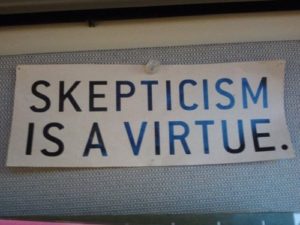 There are tons of situations in which “maybe” is a non-productive response. Salespeople know “maybe” as a time-waster, indefinite, kick-the-can-down-the-road answer. Very non-committal. And salespeople live and die by commitments.
There are tons of situations in which “maybe” is a non-productive response. Salespeople know “maybe” as a time-waster, indefinite, kick-the-can-down-the-road answer. Very non-committal. And salespeople live and die by commitments.
“Maybe” can be infuriating. I use it when I simply want to keep my options open no matter how badly the other person wants or needs a commitment from me.
In sales I always felt a rock-hard “no” was better than a “maybe.” At least I knew where I stood, and it freed up resources and let me get beyond my temporary failure as a salesperson.
“Maybe” is open to a very wide range of interpretations. Depending on my mindset at the time, I could think it to mean “There’s a yes coming… he’s just not ready yet” or “this is never going to happen.” And I can imagine all the prefacing discussions and occurrences that would contribute to that broad range. Most of them evolving from my own ego and Knower/Judger messages.
So how can I call this article the “Value of maybe”?
Although I’m not fond of the word when I’m on the offense (selling something, or attempting to convince someone of something), I love it when I’m on the defense!
“Mr. DeMotte, can you see yourself driving in this brand new XKFJNI sports car?” “Maybe!”
“Mr. DeMotte, can we count on your vote for (Hillary? The Donald?)” “Maybe!”
My use of the word defensively gives me power over the situation. The person attempting to sell something to me or sway me to his point of view is left unsatisfied, as he can’t count on my opinion one way or the other. I’m in charge.
Of course if I’m predisposed to agree with him (my K/J interpretation matches his), then I might just respond with a “yes”… and vice versa for a “no.” At that point, I’ve lost my power—we’re marching in lock step. And I like power. So even if I am inclined to agree with the salesperson/convincer, I frequently choose to use the “maybe” response—to keep the leverage in my camp.
Let’s map this over the current news industry.
From the 100,000-foot view, it seems there are no pure news sources. There possibly never have been. Here’s Pew Research Center’s take on available news outlets:
So here’s the tack I’ve taken over the past years as both the news and the political rhetoric has become so polarized.
“Maybe” is my response to literally every dramatic claim made by any news source from any corner of the political spectrum. I will admit that occasionally Rush Limbaugh can claim something that I’m tempted to agree with. But then so can CNN. My car radio’s most used buttons are KMOX (source of conservative radio in St. Louis) and KWMU (local NPR station). And each of them can spout something that my K/J interpretation is eager to align with. Yet I’m now disciplined to hold the stated “fact” with healthy skepticism. It seems not much of what we see or hear from the news sources is actually as it seems. They play with my perceptions. Perhaps it’s their job to do so.
I’m reminded of the Chinese anecdote about the farmer and his “Maybe yes, maybe no” responses:
Once there was a Chinese farmer who worked his poor farm together with his son and their horse. When the horse ran off one day, neighbors came to say, “How unfortunate for you!” The farmer replied, “Maybe yes, maybe no.”
When the horse returned, followed by a herd of wild horses, the neighbors gathered around and exclaimed, “What good luck for you!” The farmer stayed calm and replied, “Maybe yes, maybe no.”
While trying to tame one of the wild horses, the farmer’s son fell and broke his leg. He had to rest up and couldn’t help with the farm chores. “How sad for you,” the neighbors cried. “Maybe yes, maybe no,” said the farmer.
Shortly thereafter, a neighboring army threatened the farmer’s village. All the young men in the village were drafted to fight the invaders. Many died. But the farmer’s son had been left out of the fighting because of his broken leg. People said to the farmer, “What a good thing your son couldn’t fight!” “Maybe yes, maybe no,” was all the farmer said.
The wisdom of this story is serving me well. Although I’m occasionally tempted to align with some “breaking news” headline, I resist. “Maybe so, maybe no.” It’s good for my demeanor… and my blood pressure.

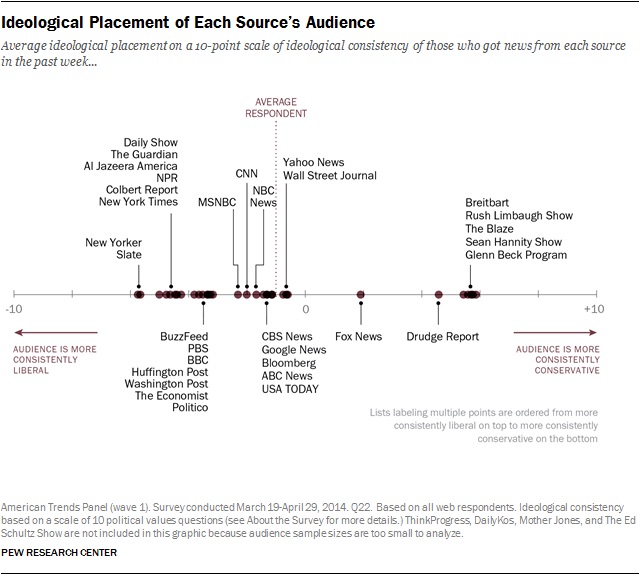
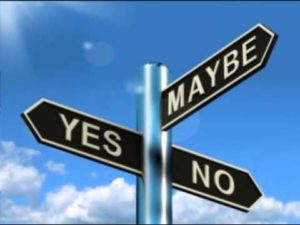
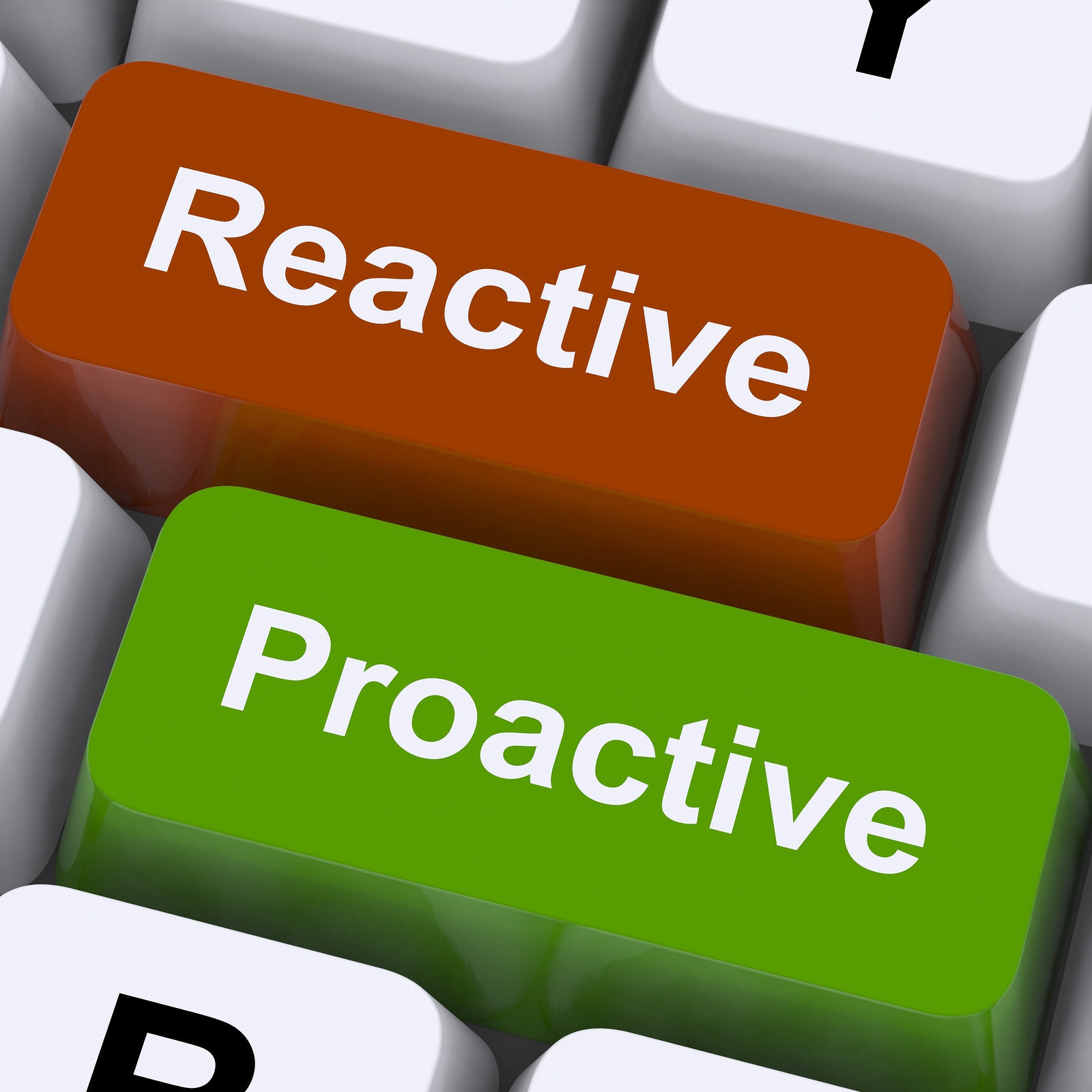
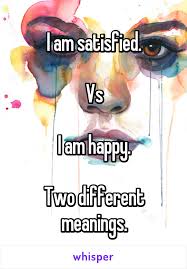

Great articles as usual, Kim! Merry Christmas to you and Margaret.